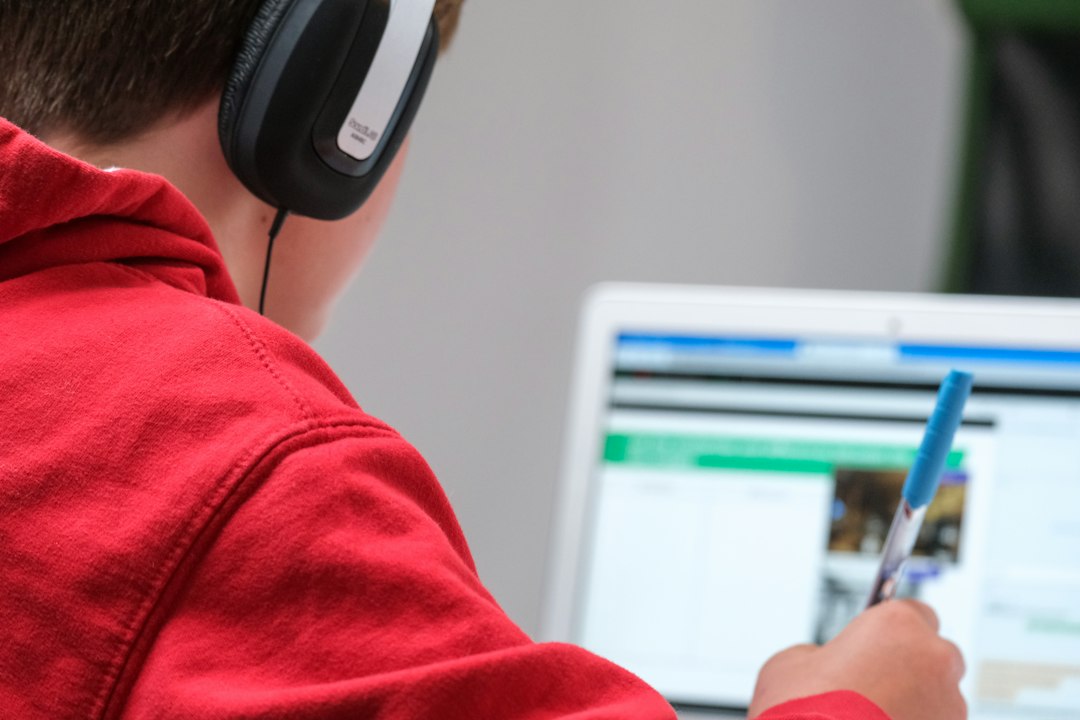Addressing Bullying in Schools: Tips for Educators
Bullying among students has become a pervasive problem that affects countless lives. The negative consequences of bullying can be long-lasting, leading to low self-esteem, depression, and even suicide. As educators, it is our duty to create a safe and inclusive environment for all students. Here are some tips for addressing bullying in schools:
1. Recognize and identify bullying: The first step in addressing bullying is to understand what it looks like. Educators should be able to recognize the different forms of bullying, such as physical, verbal, emotional, and cyberbullying. By identifying bullying, we can better address the issue and provide support to the victims.
2. Promote a positive school culture: Creating a positive school culture is crucial in preventing bullying. This can be achieved by fostering a sense of community and promoting kindness and empathy among students. Encourage activities that promote inclusivity, such as peer mentoring programs or diversity workshops, to create a positive and inclusive school environment.
3. Implement a comprehensive anti-bullying policy: Schools should have a clear and comprehensive anti-bullying policy that outlines the consequences of bullying behavior and the support available to victims. This policy should be communicated to students, teachers, and parents, ensuring that everyone is aware of the school’s stance on bullying.
4. Encourage open communication: Building a trusting relationship between educators and students is vital. Encourage students to report incidents of bullying and assure them that their concerns will be taken seriously. Creating a safe space for students to speak up can help in addressing bullying promptly and effectively.
5. Provide social-emotional support: Many bullies often have underlying social-emotional issues that contribute to their behavior. It is important for educators to address these issues and provide support to both the bully and the victim. Implementing social-emotional learning programs and counseling services can help students develop positive social skills and coping mechanisms.
6. Empower bystanders: Bystanders have a crucial role to play in preventing bullying. Educators should educate students on the importance of standing up against bullying and provide them with strategies to intervene safely. Encourage students to be empathetic and supportive of their peers, promoting a culture where bullying is not tolerated.
7. Educate parents and the wider community: Addressing bullying requires a collective effort, involving not just educators but also parents and the wider community. Organize workshops or seminars for parents to educate them about bullying prevention strategies and provide them with resources to support their children. Collaborating with community organizations and local authorities can also help create a safer environment for students.
8. Provide ongoing professional development for staff: Continuous professional development is essential for educators to strengthen their skills in dealing with bullying. Provide training sessions for teachers on recognizing and addressing bullying, as well as strategies for creating a positive classroom environment. Encourage discussions among staff members to share experiences and learn from each other’s approaches to tackling bullying.
9. Monitor and evaluate progress: Regularly monitor and evaluate the effectiveness of the anti-bullying initiatives in your school. Use surveys or anonymous reporting systems to gather feedback from students, assess the impact of interventions, and identify areas for improvement. Adjust your strategies accordingly to ensure a safe and inclusive learning environment for all students.
Addressing bullying in schools requires a multifaceted approach involving educators, students, parents, and the wider community. By implementing these tips, we can create a school environment where bullying is not tolerated, and every student feels supported and valued. Together, we can make a positive difference in the lives of our students and create a brighter future free from bullying.

